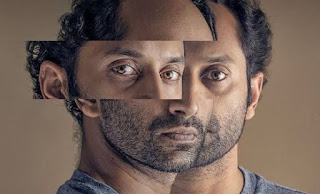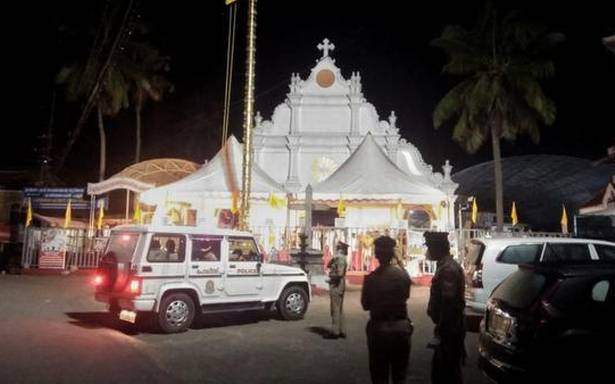Why do we go to church? Why do we get together as a community? Why do we partake of communion and why do we listen to the word of God? Is it to adhere to certain time frames and rules? Is it to meet people and talk and share news? Or is it to pray for the well being of one another? If we do not get together for life and life in abundance, woe to us who get together at all!
It would do well for us if we tried to ask why certain
people don’t come to church. It would benefit the church greatly, if we asked
the youth why they are not so interested to come to the church. The answer to
this would be that the church and the communities which constitute the church
are not reflecting the community of Jesus. This means that we are not doing
anything which has life in it, which supports life and which supports each
other. Churches are turning out to be places of individual praise and groupism.
Jesus’ ministry was not like this. He would stretch
his arms to the margins and touch the last and the least. He would reach out to
the outcasts and those labelled as sinners. He would cast out demons, heal the
sick and bring back the dead to life. That he sometimes did this on the Sabbath
was natural, because crowds followed him wherever he went. He would go to the
synagogue to teach and to discuss the scripture and many people said that they
had never heard anyone speak like him.
Jesus stood for life and life in abundance. That was
also why he healed and brought back people to life. Life, and not destruction
was his agenda and calling. On the other hand, the others were there only to
adhere to certain rules, only for the self and only for furthering their own
groups and interests. Every healing that Jesus did on the Sabbath was a
challenge to the people who were self-centered and group minded.
In St. Luke 6, verse 9, Jesus says, “I ask you, is it
lawful on the sabbath to do good or to do harm, to save life or to destroy it?”
He asked this question to all the scribes and Pharisees assembled there. They
could not bear it that he was healing on the Sabbath and was bringing back people
to life and to sanity. The conclusion of this is Jesus’ command to the man with
the withered right hand. He tells him, “Stretch out your hand.” He does likewise
and his hand was restored. This lent, we need to scrutinize our lives, communities,
churches and worships. Are our get togethers life threatening or life giving? Can
we become places which offer positive energy and positive thinking? Amen.















